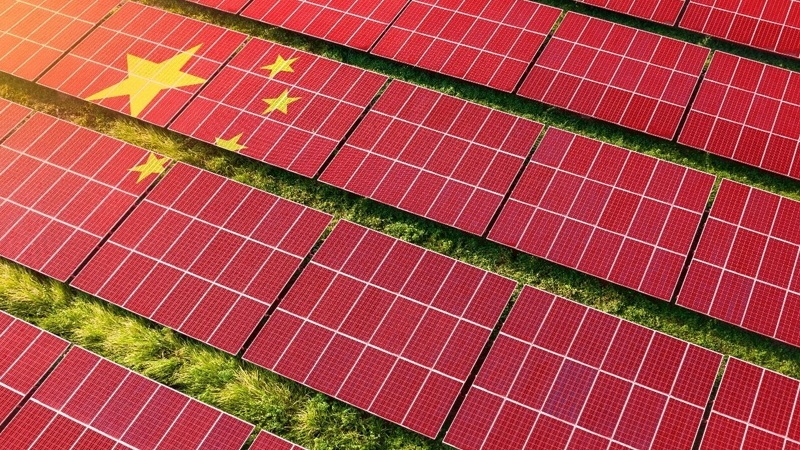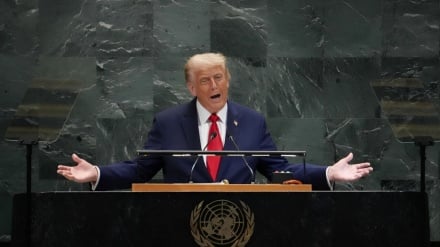China, the renewable energy superpower: America's new challenge in global competition
Pars Today – With massive investments in renewable energy—from production to green tech exports—China has emerged as a global powerhouse in this field. This trajectory could undermine the United States’ long-term influence in developing countries, unless Washington rethinks its industrial strategy.
According to Pars Today, citing IRNA, China is now a key player in the global renewable energy market. It leads not only in the installation of solar and wind power plants, but also dominates related technologies, supply chains, and the export of finished products.
Through its Belt and Road Initiative, Beijing is financing green energy projects across numerous countries, particularly in the Global South—a domain where the U.S. has so far lacked serious competition.
Before 2021, most of China’s overseas energy projects relied on fossil fuels. However, after President Xi Jinping announced an end to funding coal-based initiatives, China ramped up its investment in renewable energy. In 2022 and 2023, 68% of China's foreign energy projects were focused on clean energy sources.
Africa is an example of China's influence in this area; a continent that, despite possessing 60% of the world's solar resources, needs energy infrastructure. In the absence of serious alternatives from the West, Chinese companies are providing the necessary infrastructure and expanding their influence.
Simultaneously, China holds an edge in complementary technologies such as lithium batteries, electric vehicles, smart grids, and digital infrastructure. By partnering with developing nations, it is also integrating artificial intelligence into the sector.
An English-language outlet noted that this global dominance is rooted in China’s domestic industrial advantages. With advanced manufacturing automation, China has retained its competitive edge and prevented production from shifting abroad. This positioning enables Beijing to become a primary energy supplier in the decades ahead, expanding its geopolitical influence—especially in the Global South.
In contrast, the United States is losing ground due to reduced foreign aid and technological complacency. China’s control over rare earth mineral resources, its strides in civilian nuclear energy, and its robotics advancements have only widened the gap.
This situation should serve as a serious warning for Washington: if the U.S. fails to understand emerging global trends and the evolving needs of developing nations, it risks gradually surrendering its global dominance.
MG/ME



